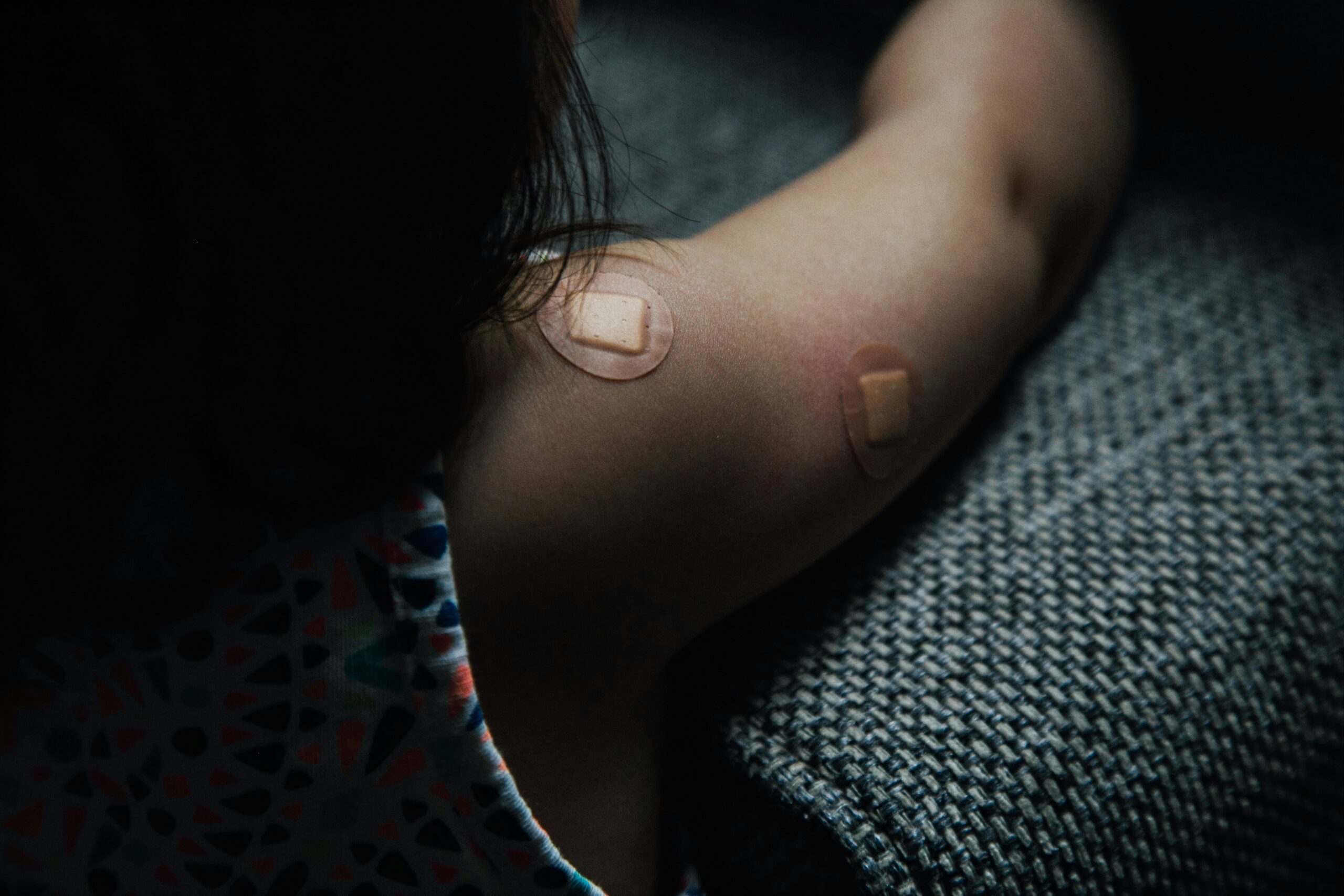
CDC Issues Alert and Urges Vaccination Against Measles
Introduction to the measles outbreak
Welcome to the latest update on a pressing health concern – the measles outbreak. As cases continue to rise, it’s crucial to stay informed and take action to protect yourself and those around you. Let’s delve into the details of this highly contagious virus, understand why vaccination is key, and learn how the CDC is working to control the spread. Whether you’re vaccinated or not, this blog post will provide valuable insights on staying safe in the face of measles.
Explanation of how measles spread and its symptoms
Measles is a highly contagious virus that spreads through the air when an infected person coughs or sneezes. The virus can linger in the air for up to two hours, making it easy for others nearby to inhale and become infected. Once someone is exposed, it can take about 10-14 days before symptoms start to appear.
Symptoms of measles typically begin with a high fever, runny nose, cough, and red eyes. A few days later, a rash breaks out on the face and then spreads downwards across the body. This distinctive rash is one of the hallmark signs of measles.
The infection can lead to serious complications such as pneumonia or encephalitis, especially in young children or those with weakened immune systems. It’s crucial to be aware of these symptoms and seek medical attention if you suspect you or someone you know may have been exposed to measles.
Importance of vaccination in preventing measles
Vaccination is a crucial tool in preventing the spread of measles. By getting vaccinated, you not only protect yourself but also contribute to community immunity. Measles is highly contagious and can lead to serious complications such as pneumonia and encephalitis.
Choosing to vaccinate against measles not only safeguards your health but also helps in preventing outbreaks within communities. Vaccines work by stimulating the body’s immune system to produce antibodies that fight off the virus if exposed. This defense mechanism is vital in stopping the transmission of measles from person to person.
It’s important to remember that vaccines have been proven safe and effective in preventing diseases like measles. By opting for vaccination, you are taking a proactive step towards safeguarding your well-being and that of others around you. Stay informed about the benefits of vaccination and make an informed decision for your health and the health of those around you.
History of measles vaccinations and current controversy
Measles vaccinations date back to the 1960s when the first vaccine was introduced, leading to a significant decline in measles cases. Over time, vaccines evolved and became safer and more effective. However, in recent years, there has been growing controversy surrounding vaccinations, with some individuals expressing concerns about their safety and potential side effects.
Despite extensive research proving the effectiveness of measles vaccines in preventing outbreaks and protecting public health, misinformation spread through social media has fueled skepticism among certain groups. This hesitancy towards vaccination poses a threat to herd immunity and increases the risk of measles resurgence in communities.
It is crucial to separate fact from fiction when it comes to vaccines and make informed decisions based on scientific evidence rather than fearmongering. Public health authorities continue to advocate for vaccination as a critical tool in preventing infectious diseases like measles from spreading uncontrollably.
The role of the CDC in controlling outbreaks
The Centers for Disease Control and Prevention (CDC) plays a crucial role in controlling outbreaks like measles. Their experts monitor the spread of diseases, investigate cases, and provide guidance to healthcare professionals. By analyzing data and trends, the CDC can identify potential outbreaks early on and take swift action to contain them.
Through public health campaigns and education initiatives, the CDC raises awareness about the importance of vaccination. They work closely with state and local health departments to ensure that communities are prepared to respond effectively to outbreaks. Additionally, the CDC conducts research to improve vaccines and develop strategies for disease prevention.
In times of crisis, such as a measles outbreak, the CDC coordinates with other organizations to implement containment measures quickly. Their rapid response teams deploy resources where they are needed most, working tirelessly to protect public health. The efforts of the CDC are essential in safeguarding communities against infectious diseases like measles.
Steps to take for those who are not vaccinated or are unsure about their vaccination status
If you’re unsure about your vaccination status or haven’t been vaccinated against measles, it’s essential to take proactive steps to protect yourself and others. First off, consider consulting with your healthcare provider to review your immunization records and discuss the need for a measles vaccine.
In case you discover that you are not vaccinated, schedule an appointment with your healthcare provider or visit a local clinic to get vaccinated as soon as possible. Measles is highly contagious, so taking action promptly is crucial in preventing its spread within communities.
Additionally, if you’ve been exposed to someone with measles or suspect that you may have contracted the virus, seek medical attention immediately. Early detection and treatment can help mitigate the severity of symptoms and reduce the risk of spreading the infection further.
Remember that getting vaccinated not only protects yourself but also contributes to building herd immunity, safeguarding vulnerable populations who cannot receive vaccines due to medical reasons. Stay informed about vaccination recommendations and prioritize public health by taking necessary precautions against preventable diseases like measles.
Conclusion: Stay informed and get vaccinated to protect yourself and others from measles
Stay informed and get vaccinated to protect yourself and others from measles. By staying up-to-date on vaccination schedules and following the guidelines provided by healthcare professionals, you can help prevent the spread of this highly contagious disease. Remember, getting vaccinated not only protects you but also contributes to safeguarding the health of your community. Together, we can work towards eliminating measles outbreaks and ensuring a healthier future for everyone.

